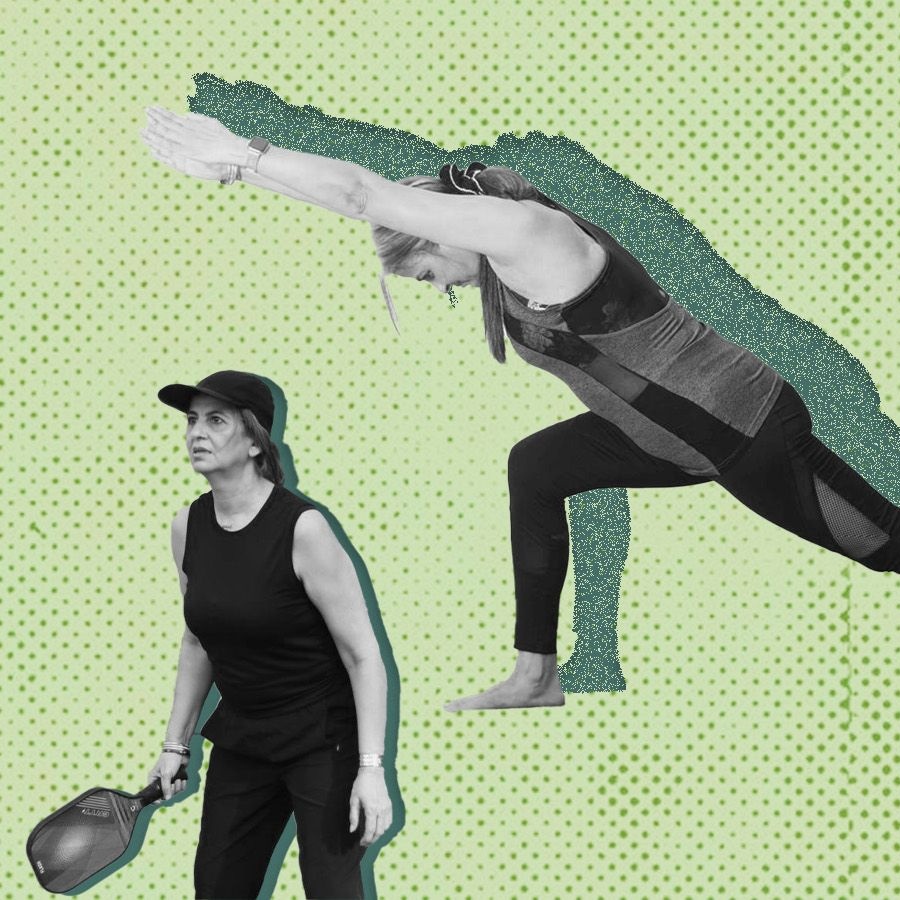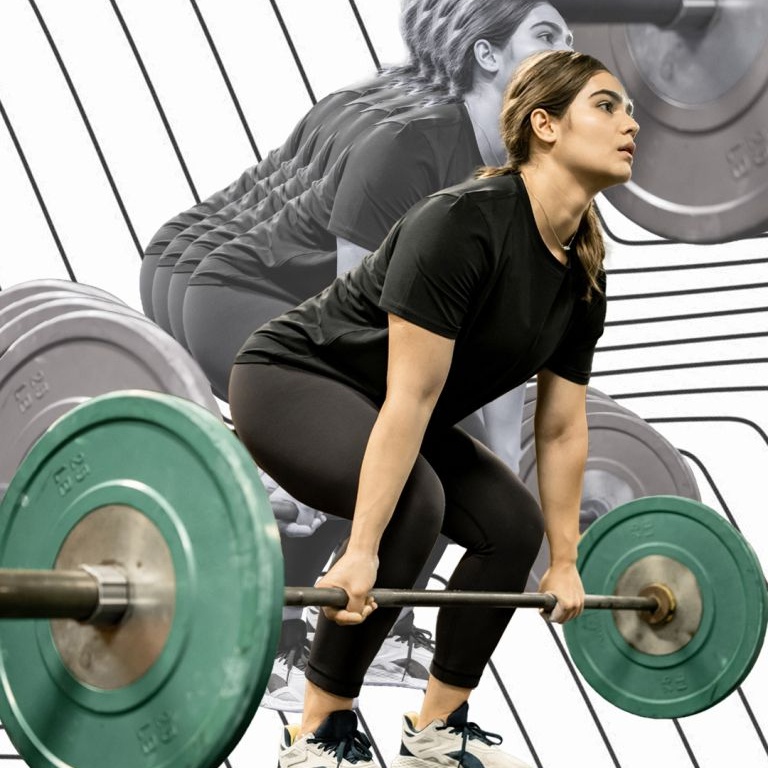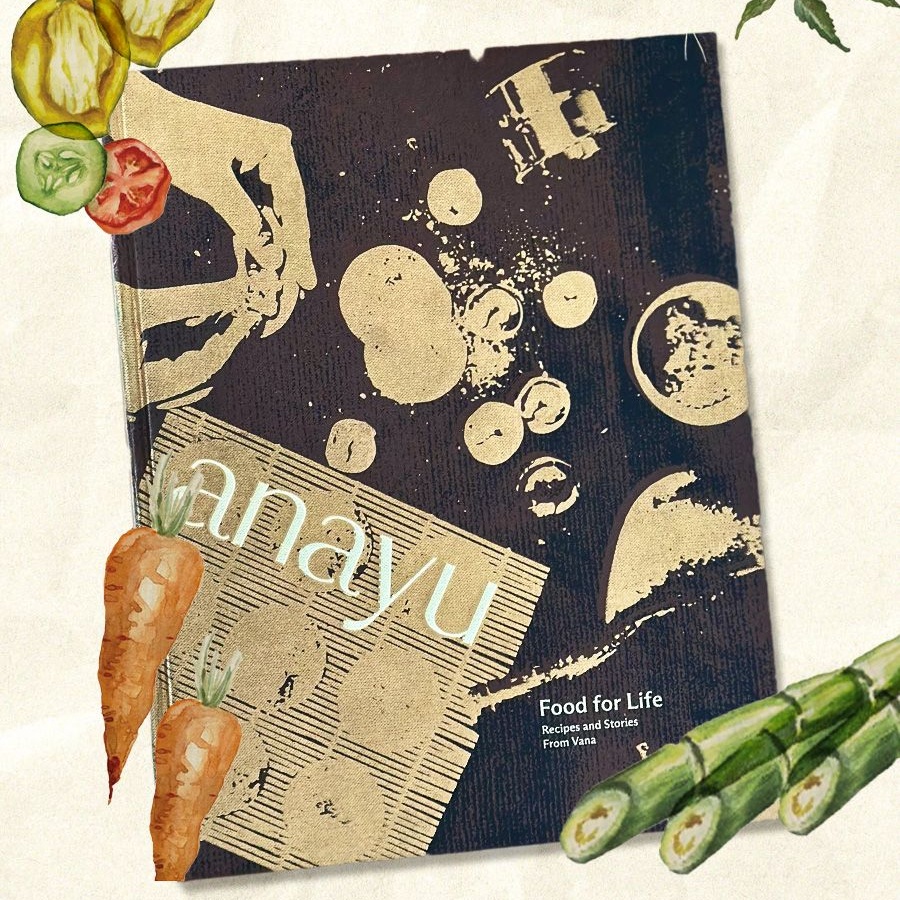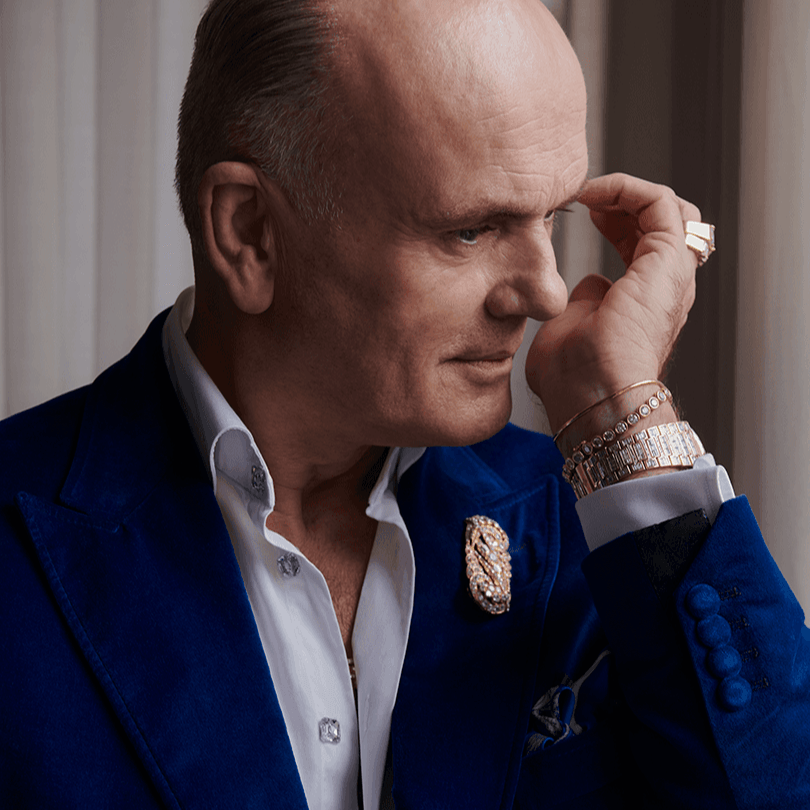When doctors wanted to treat Mini Mathur’s symptoms—weight gain, poor attention, difficulty sleeping, brain fog, anxiety—as the sum of parts, she decided to “help myself” and get educated on perimenopause. As she read, she awakened her inner geek and, within weeks, she signed up to be part of the Women’s Health Coach Certification Programme at The Integrative Women’s Health Institute in the US.
Mathur, now a newly minted certified coach, has spent the last several months staying up late at night in her study, pairing pyjamas with lipgloss and a dressy top (the camera had to stay on), propped up with pots of black tea, to attend lectures that ran from 8 pm to 4 am.
She talks urgently and passionately about how we’ve been “gaslit for 20 years” into believing that hormone replacement therapy (HRT) is not natural and how our doctors get exactly half an hour of menopause education during their MBBS degree. She’s referring to the Women’s Health Initiative (WHI) study in 2002, which claimed that hormone therapy resulted in an increased incidence of breast cancer. It caused widespread panic, and many women stepped away from a key treatment. Though the study was debunked, the wariness about hormones lingered for years.
If the manosphere splashes over with the sludge of toxicity, the menosphere—the community of women in their late forties and fifties, the first to hit menopause in the age of the internet and use their digital platforms to discuss this previously taboo subject—is a comforting group hug to remind you that sister, we’ve got you.
From a safe space to discuss painful sex to a webinar on HRT, a ‘Hot Flash Bash’ that encourages you to ‘get your meno mojo on’ to a documentary screening of global hit The M Factor, menopause and perimenopause resources are finally catching up with our needs. If you look, you’ll find many books and menopause experts. Younger gynaecologists, especially, are signing up for a certification course at the Indian Menopause Society.
It is an all-access pass to intimate testimonials about debilitating migraines, plantar fasciitis, sleeplessness, and hormones that can revive dying libidos. It’s an exchange of until now ‘radical’ ideas, like how doctors need to get with the programme, and intimate partners must step up and be part of this journey. If I’m honest, it can be a little annoying too, because suddenly everybody’s an expert on micronised progesterone and bioidentical therapy.
Nozer Sheriar, a gynaecologist who co-authored a book on menopause the year the WHI study was released, is familiar with this expertise. “Sometimes they’ll fight you on whether or not you should use hormones. Menopause is a hormone deficiency state; nobody talks about natural versus hormones in diabetes or thyroid. Selective use of hormones for a woman who needs it is absolutely life-changing,” he says, adding that things have changed dramatically from the time when women only asked for help if they had “severe” menopause symptoms.
Generation X has decided it won’t be navigating this life change solo. And as we put our heads together, women in their forties and fifties are shining a beacon for those who will walk this road in the years ahead. Everyone from Lara Dutta to Kiran Rao and even Sudha Murty has weighed in on this subject. “We are the first generation telling their doctors, ‘I don’t want to feel this way,’” says Mathur, 49.
Dutta, who was talking as part of healthcare company’s Abbott’s The Next Chapter programme, a collection of women’s stories about menopause, said in 2023 that she couldn’t understand why people spoke in whispers about something that could take you through “at least two decades of your life”. Well, the volume has increased exponentially since.
I wish this movement had started a few years earlier when my daughter’s puberty and my menopause showed up hand in hand. The news that my ‘cervical epithelium is atrophic’ (vaginal atrophy equals very painful sex) played out alongside my daughter’s first bout of acne. Our hormonal fluctuations were in fierce competition, and doors in our home banged in cacophonous empathy. Silver lining? The clothes that overnight became tight for me fit my teenager seamlessly.
If our jugalbandi was out of sync, the interplay between Lisa Ray and journalist Sujata Assomull on Instagram is pitch perfect. They normalise discussing menopause and other issues, busting outdated rules about what should and shouldn’t be shared. “We are literally just taking the conversations that many women our age are having and making them public,” says Ray.
“Ugh my menopause symptoms are so bad I don’t know what’s wrong with me.”
“Have you tracked your symptoms?” “No.” “Seen a menopause specialist?” “No.” “Focused on protein and fibre?” “No.” “Tried strength training?” “No.” “Cut down on caffeine and alcohol?” “No.” “Leaned on your community at all?” “No.”
“Oh. Then I don’t know what it could be.”
Ray says her “fertile period” began after she hit chemotherapy-induced premature menopause at 37. She won the battle against blood cancer, married and welcomed twin daughters via surrogacy. She worked and she thrived. Now 53, she’s part of the growing chorus of women who are rewriting the narrative on menopause. “Finally, you can step into your power,” she says about this phase.
Mathur plans to write a book about her experience and is presently brainstorming to potentially partner in a venture with other experts.
Reflexologist Rachel Kurien, 51, started the WhatsApp group Menopausal Mumbai in 2022 to “pool resources” when she and many of her clients began struggling with perimenopause. She stalked menopause health advocate Dr Sukhpreet Patel (@menopausewize) on Instagram when she was organising the Hot Flash Bash in November 2024. “It’s quite hard to find enlightened gynaecologists here who are well informed about menopause and bioidentical HRT and prescribe it,” she says. The group just expanded to a WhatsApp community and changed its name to the location agnostic Menopausal Mates. The admin urges you to “honour all choices” ranging from HRT to natural remedies and lifestyle changes. “Support, don’t judge,” is the motto.
Here, women’s stories ebb and flow 24/7 (the sleepless text at 3 am) as do the names of the progesterone and estrogen they are using. From stories of how bioidentical HRT changed lives to the best bras, it’s open season. You’ll also find answers to questions such as, is there light at the end of the tunnel? Short answer? Yes, but you’ll have to play by some new rules. At Kurien’s Hot Flash Bash, attendees ate hors d’oeuvres, sipped on cocktails, listened to Patel and other experts and watched a performance piece by Mahabanoo Mody-Kotwal titled ‘Unpausing Menopause’s Voices’.
Globally, only about a quarter of women seek help for their symptoms. In India, it is even lower. A cautionary message from her gynac—“your forties will be your worst decade”—led Shaili Chopra, 43, founder of SheThePeople, to set up women’s holistic health website Gytree two years ago. Within months, the venture pivoted to become midlife- and menopause-focused. A study they conducted found that 52 per cent of women said they need help for menopause, but the majority did not know how to go about it. Seventy-one per cent said they did not feel fully supported in their menopause journey.
Chopra decided to focus on the workplace, where the conversation about menopause was non-existent despite the fact that women’s work life can be affected during this time. She offers 40 companies both products (protein powders and supplements that target women) and counselling. “The important thing here is that it’s a life stage, not a disease,” says Chopra. She has hosted eight editions of ‘Fabulous Over Forty’ salon-style conversations across cities and is working on a menopause film. “It’s a movement to break the silence and build sisterhood,” she says.
More than 20 years after he wrote it, Sheriar is translating his book into Hindi. He knows the awareness about perimenopause and menopause is spreading and women are eager to know more. He reasons, “When something good is out there, women tell each other.”






